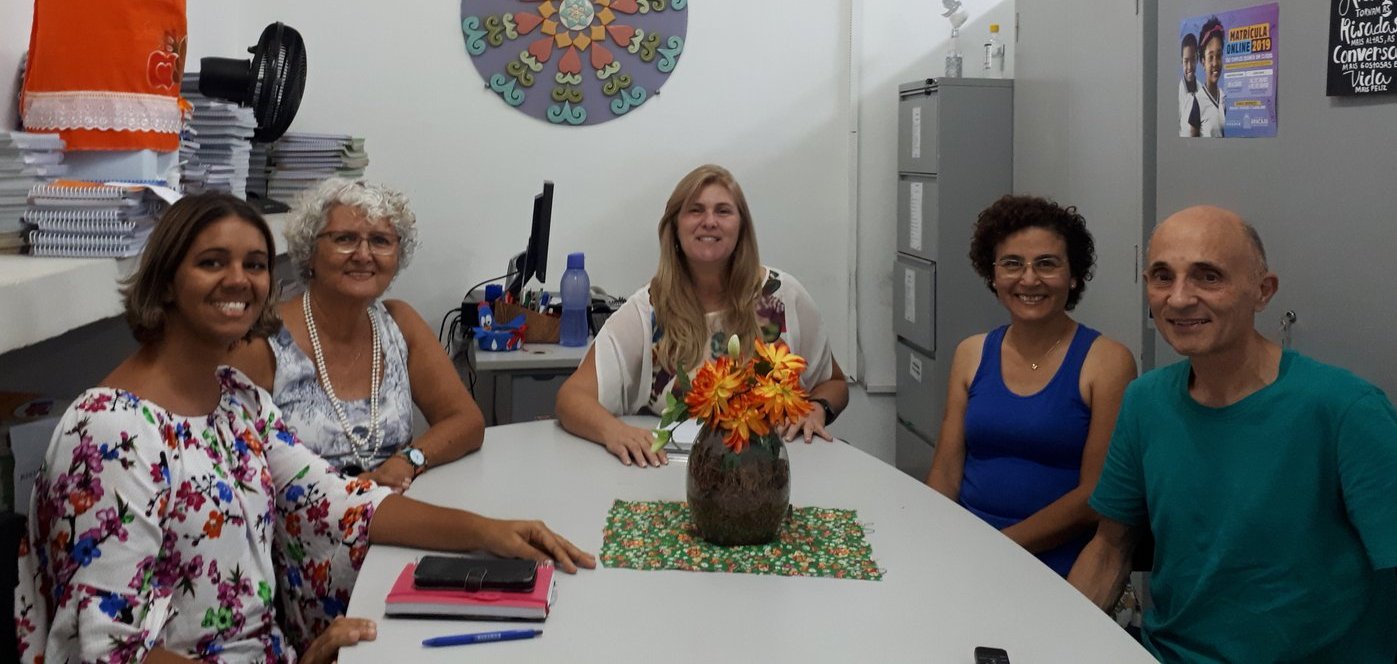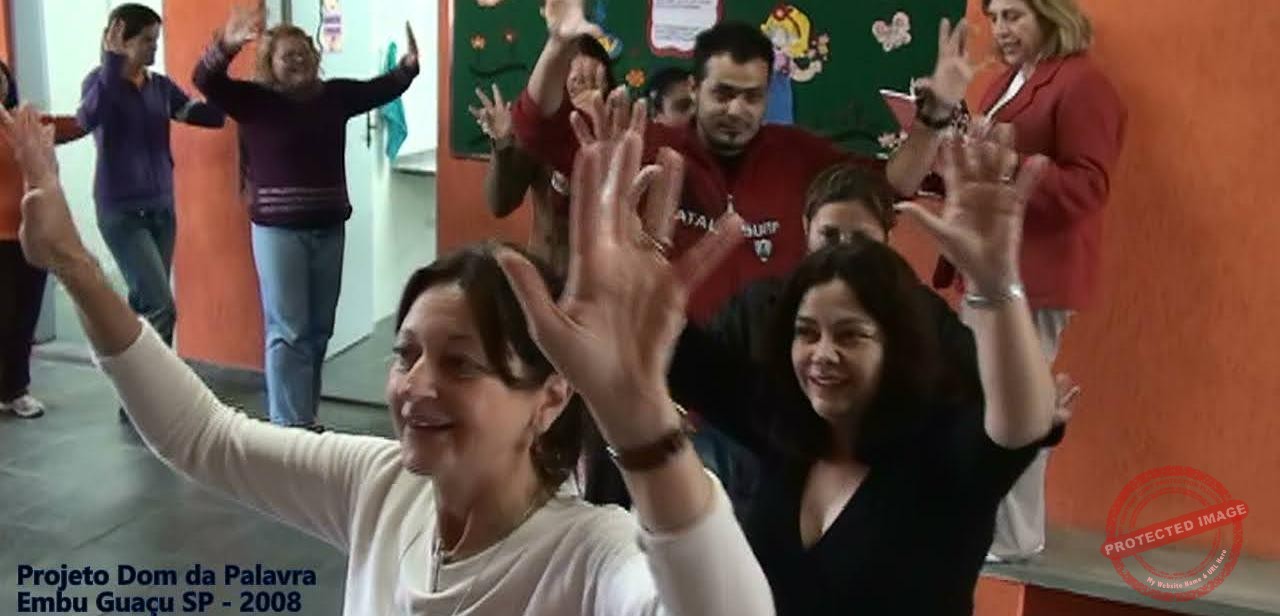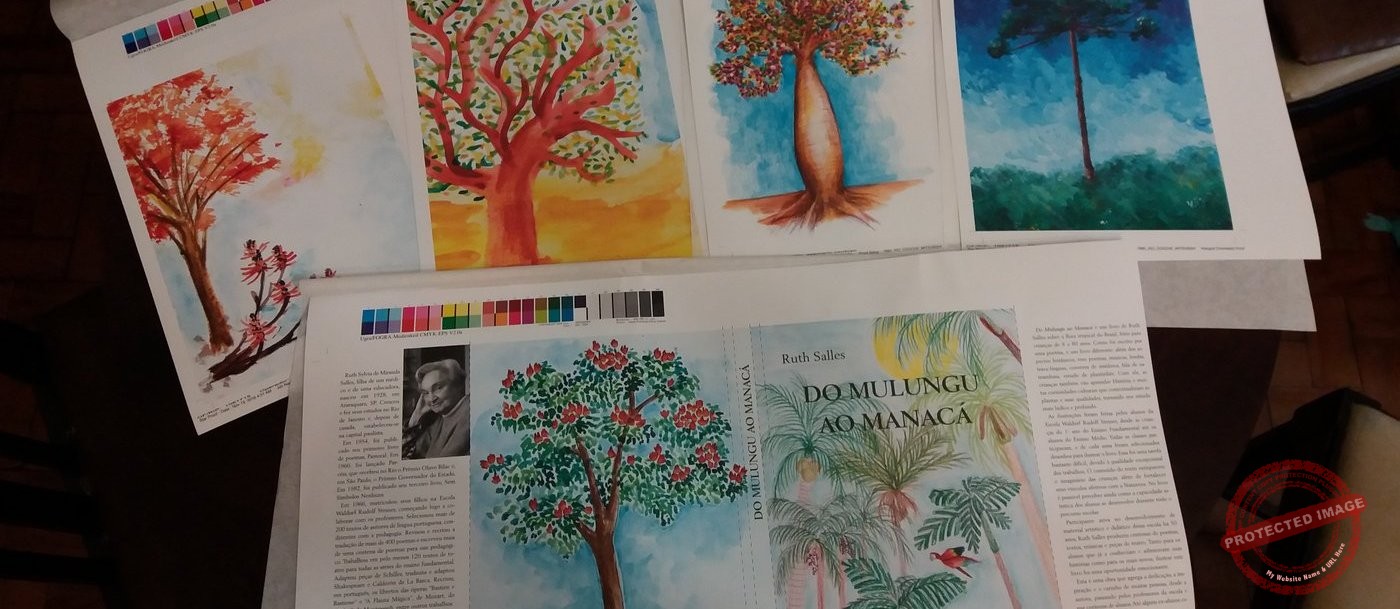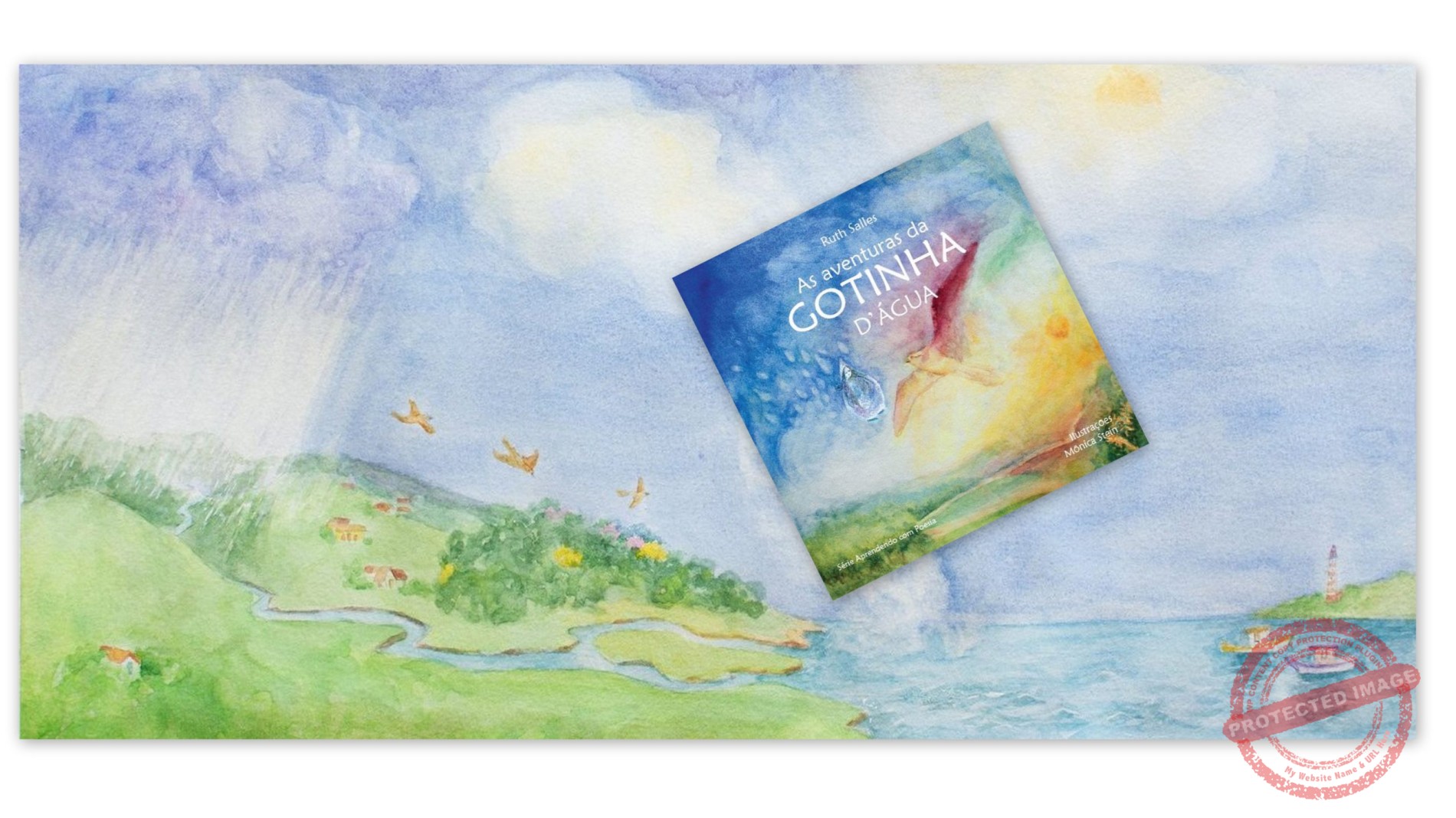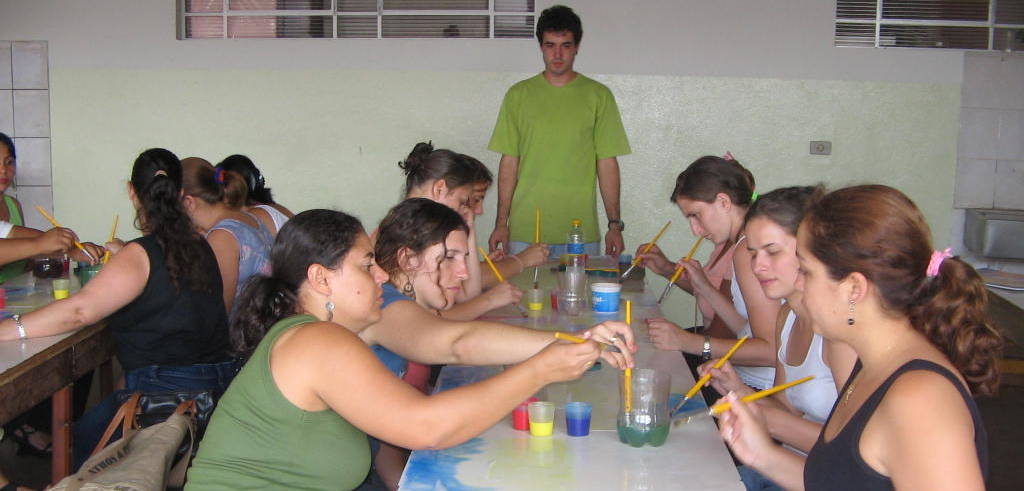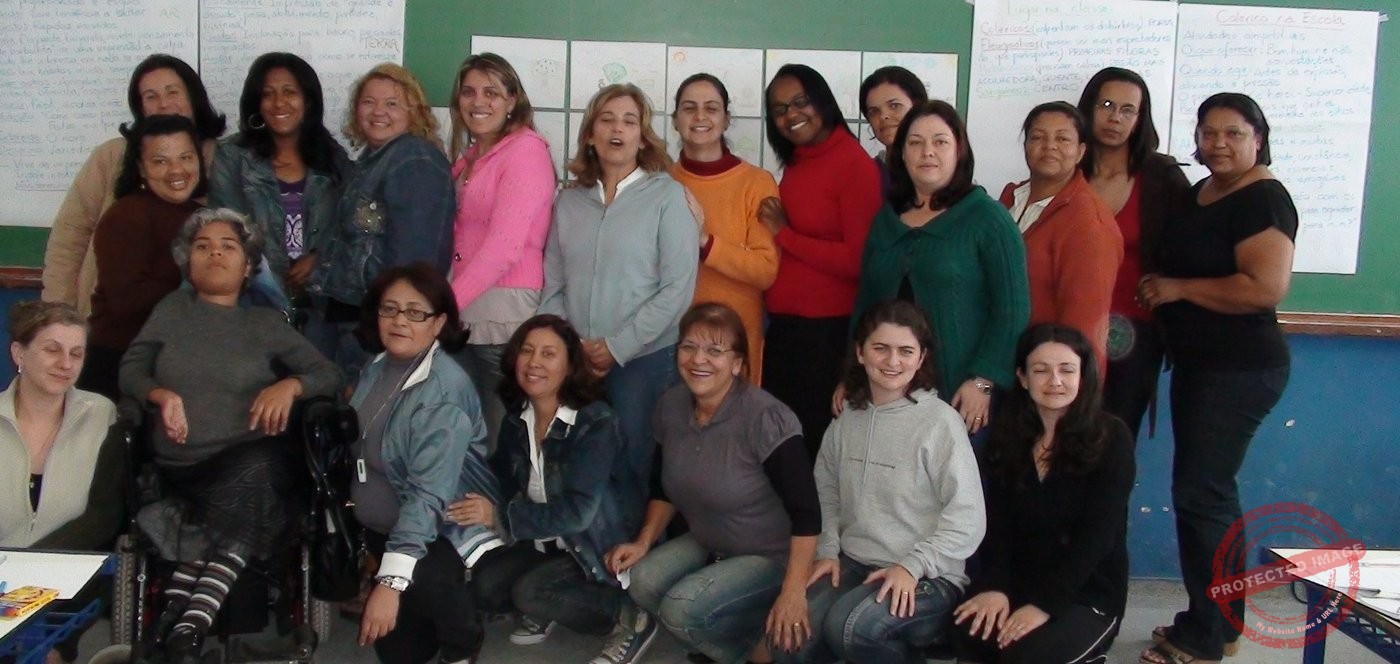[print-me target="body"]
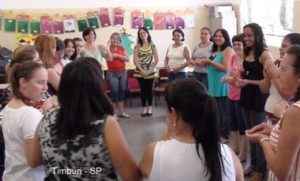 Continuing Education – for 1st cycle elementary and kindergarten teachers.
Continuing Education – for 1st cycle elementary and kindergarten teachers.
The Dom da Palavra project began to be planned in 1999, at the turn of the millennium, by a group of educators whose ideal is to effectively contribute to improving the quality of early childhood and elementary education in Brazil, especially in public schools. In 2003 we carried out a pilot project at the School of Communication and Arts at USP, in 2004 and 2005 the project was successfully implemented in the municipality of Itapecerica da Serra – SP, and at the Dom Agnelo Cardeal Rossi State School in São Paulo. In 2006, 2007 and 2008 the project was carried out in the municipality of Espírito Santo do Turvo – SP. In 2008, a module was also held in the municipalities of Embu Guaçu – SP and Timburi – SP.
Project presentation video, made in 2005
In all municipalities the project achieved very good results. To record the history and preserve the entire experience of the project, Rubens Salles, its coordinator, completed a master's degree at Universidade Mackenzie, completed in 2010, which you can learn about ON HERE.
objective
The objective of the Dom da Palavra project is to enrich the didactics of teachers of kindergarten and elementary school, 1st cycle, in the public network, with practices that will help them to work with their students in a more pleasant and productive way. They learn to use rhythm exercises, poems, stories, jugglers, plays, crafts and other artistic activities, as pedagogical tools, to teach different curricular contents in a playful way. They also learn to better understand the needs of children, according to their age and temperament, thus managing to develop in students some fundamental conditions for effective learning, such as harmonisation, motivation and active involvement.
This set of practices has oral language as its guiding thread, and by learning to apply it, the teacher also learns how his WORD can have the GIFT of welcoming, providing security, harmonizing, motivating, captivating, cheering and strengthening his students. , to better teach and educate them.
From the 1st day of the project, the teacher can start to apply the practices presented, with his class, and see the results. These are teaching techniques that have been developed for over 60 years in Brazil by schools that use Waldorf Pedagogy, with excellent results.
Format
The Dom da Palavra project consists of an annual seminar with around 60 class hours, for a group of up to 30 teachers, and individual assistance to each participant, with visits to each one, in their classroom. The work is carried out by two training teachers working together, and classes are held on Saturdays, or vacation periods and holidays, always alternately, so that participating teachers can practice the techniques learned with their classes of students, during the course.
Participants also have access to content of literary quality, such as poems, stories, jesters and plays, which were created for pedagogical use, and adapted to each elementary school class.
Important
The trainers of this project are teachers with practical experience in the classroom, who are working in Waldorf schools, where artistic activities are used daily as a pedagogical tool. It is also interesting to know that a Waldorf teacher follows his class from 1st to 8th grade, thus having a great experience on the didactic practices appropriate for each age.
Benefits for teachers
The pedagogical practices taught in the Dom da Palavra project are of immediate application by the teachers, with their students, which allows them to start reaping the results right away. In addition to learning to use various artistic elements as pedagogical tools, they also learn techniques to harmonize their class, get to know their students' temperament better and make their classes more interesting. They also have access to content of literary quality, to apply in this work. All those who participated in our seminars, and who put the lessons learned into practice with their students, had good results. See Project History.
Another important benefit for the participating teachers was the increase in their self-esteem. We were able to closely follow this transformation during the seminars that we have already held, verifying that many teachers who previously had difficulties in relating to their students, improved their didactics and began to feel better as educators.
Benefits for students
Today, in a time of increasing banalization of written and spoken language, this project proposes the re-encounter of students with texts of impeccable quality. Speech connects the human being to the world, to others and to himself. No matter how small and simple, a poem can fill learning with meaning and meaning. When said in chorus in the classroom, it helps to harmonize the class and make each student feel that they are part of a whole, as the rhythms, rhyming sounds and collective speech constitute elements of balance and concentration.
In their day-to-day, the child fundamentally needs rhythm, and also needs to learn the contents through a connection with their feelings. What a child does not experience, what he does not get involved with or cannot establish an affective connection with, will be something merely decorated or mechanical and will tend to be forgotten over time. Learning mathematics by doing rhythmic exercises, science and grammar of the Portuguese language reciting poetry and jesters, history and literature performing plays, students actually learn, and the main thing; They start to enjoy learning. As Aristotle said, “there is nothing in the intellect that has not first passed through the senses.”
replicability
We are open to consultations to support the implementation of this project, as long as there is a Waldorf school in the region willing to host the work, and with teachers interested in acting as trainers.
“Educating is not filling a bucket. It's lighting a fire." (Herodotus)


